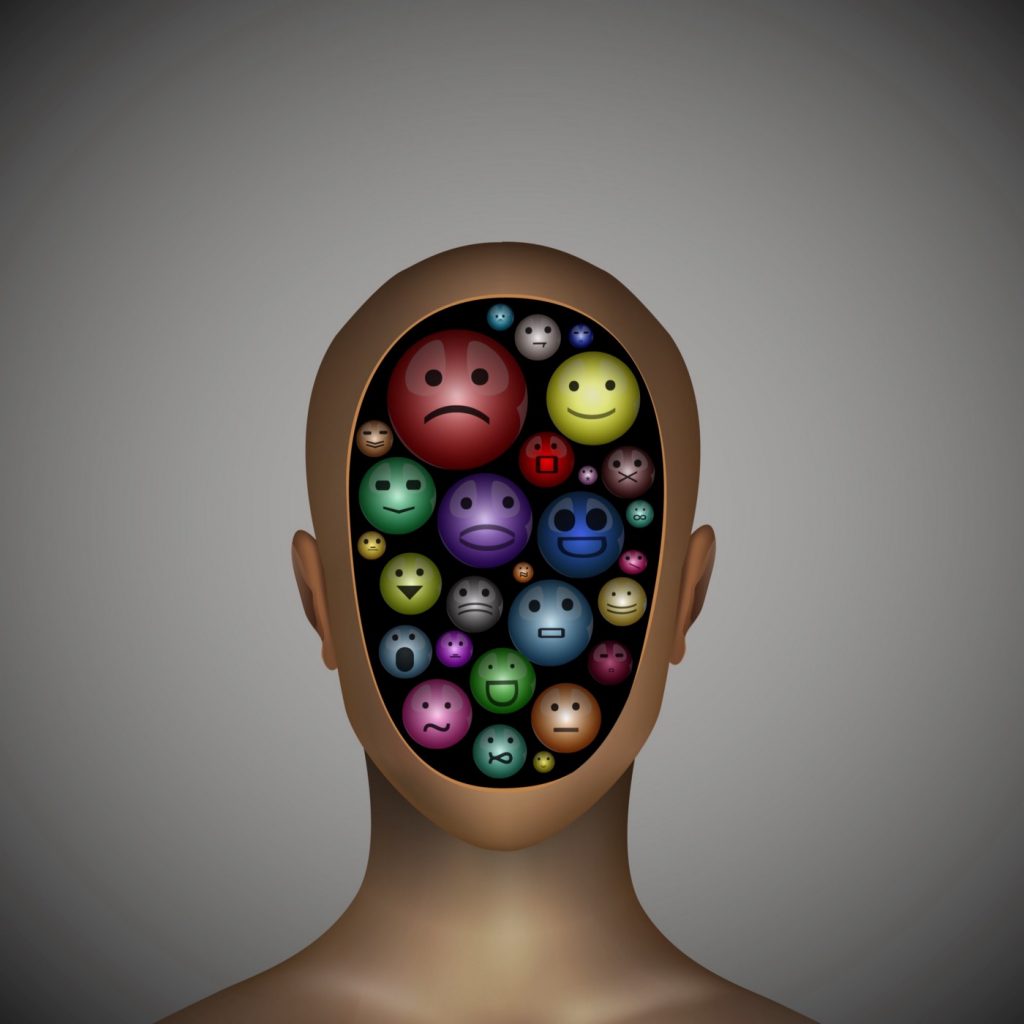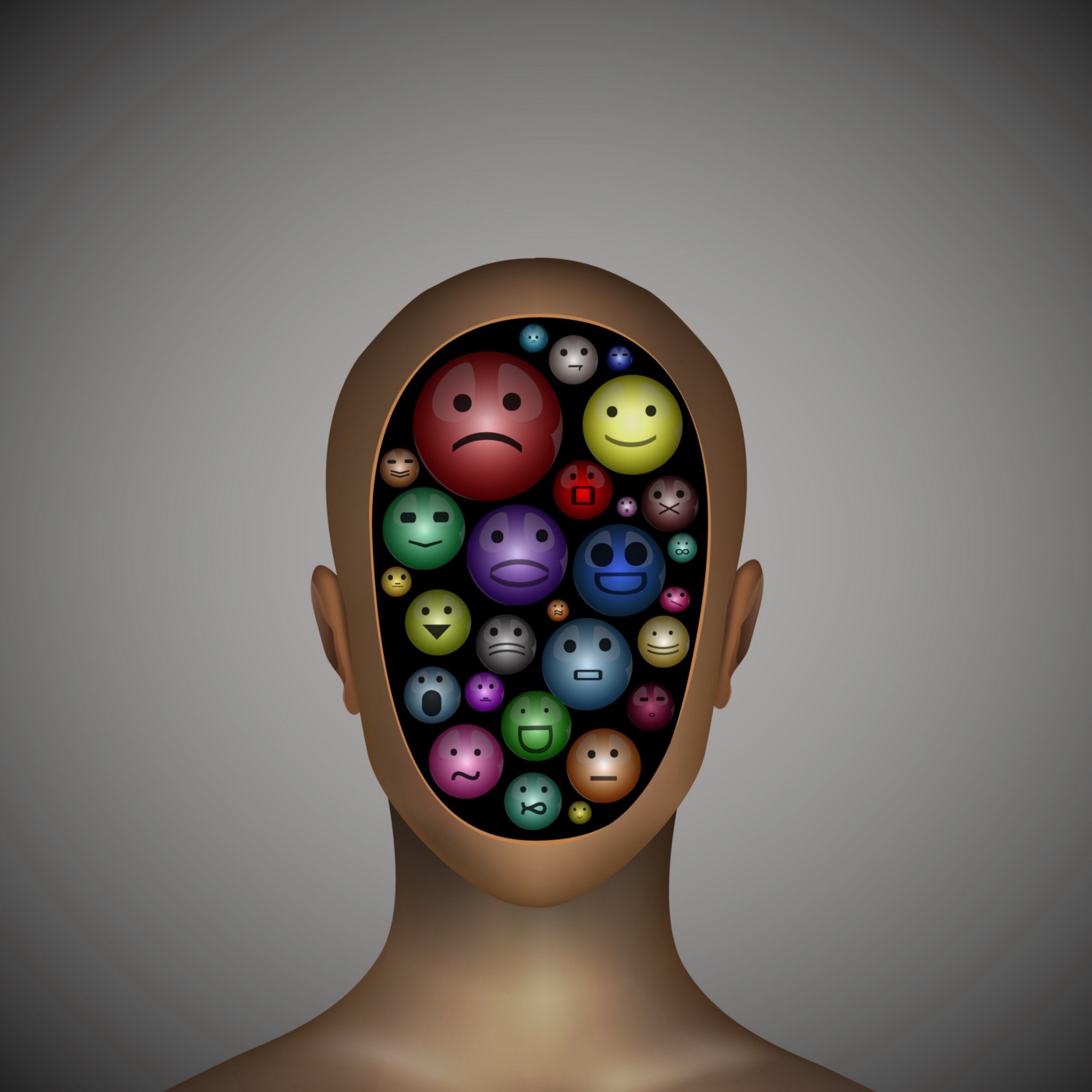
Dealing with difficult emotions is a challenge in itself. Emotions are natural, and it is rightly said that it is impossible to gain control over your emotions within a night. Every human goes through multiple emotions throughout their lives. While many decide to numb their feelings, others choose to embrace them and take matters into their hand to move ahead.
When dealing with difficult emotions such as doubts, anxiousness, worries, hatred, and more, people around you are also affected. For example, how you cope with your emotions may change your behavior, eventually affecting the close ones around you.
As much as we focus on physical health, mental health should also be your priority. Reach out to Oklahoma City mental health therapy for support to overcome your mental health struggles.
Learn how your body and mind are reacting.
The first step to dealing with difficult emotions is understanding how your body and mind react to them. For instance, you may feel your heart racing, sweats, shortness of breath, shaky hands and legs, and more. Observe how your body reacts to a particular thought. Similarly, understand your thoughts when dealing with certain emotions. Do you feel sad? Do you feel you are doing something wrong? Or does any idea that comes to your mind.
Identifying how your body and mind are reacting will help you lay a solid foundation to deal with these emotions and easily overcome them.
Acceptance.
Humans are bound to feel things. If you are feeling a specific type of way, you do not need to punish yourself or be hard on yourself for feeling that way. Accept that certain things are not healthy for your body rather than running away and relying on healthy coping mechanisms to numb yourself. Often people opt for alcohol and other drugs to numb their thoughts, so they do not feel anything. Note that doing so will only provide temporary relief and cost your health in the long run.
Take help from a therapist.
Mental health should not be compromised at any cost. The effect of mental health is often invisible to the outer body at the early stage. However, when things are unrecognized initially, it starts affecting your physical health as well. For example, you may feel weighted and exhausted from the constant emotions running in your head, which leads to fatigue and migraine. Therefore, there is no harm in getting professional help from a therapist. A therapist will help you cope with the negative thoughts and emotions with an appropriate plan designed specifically for you.
